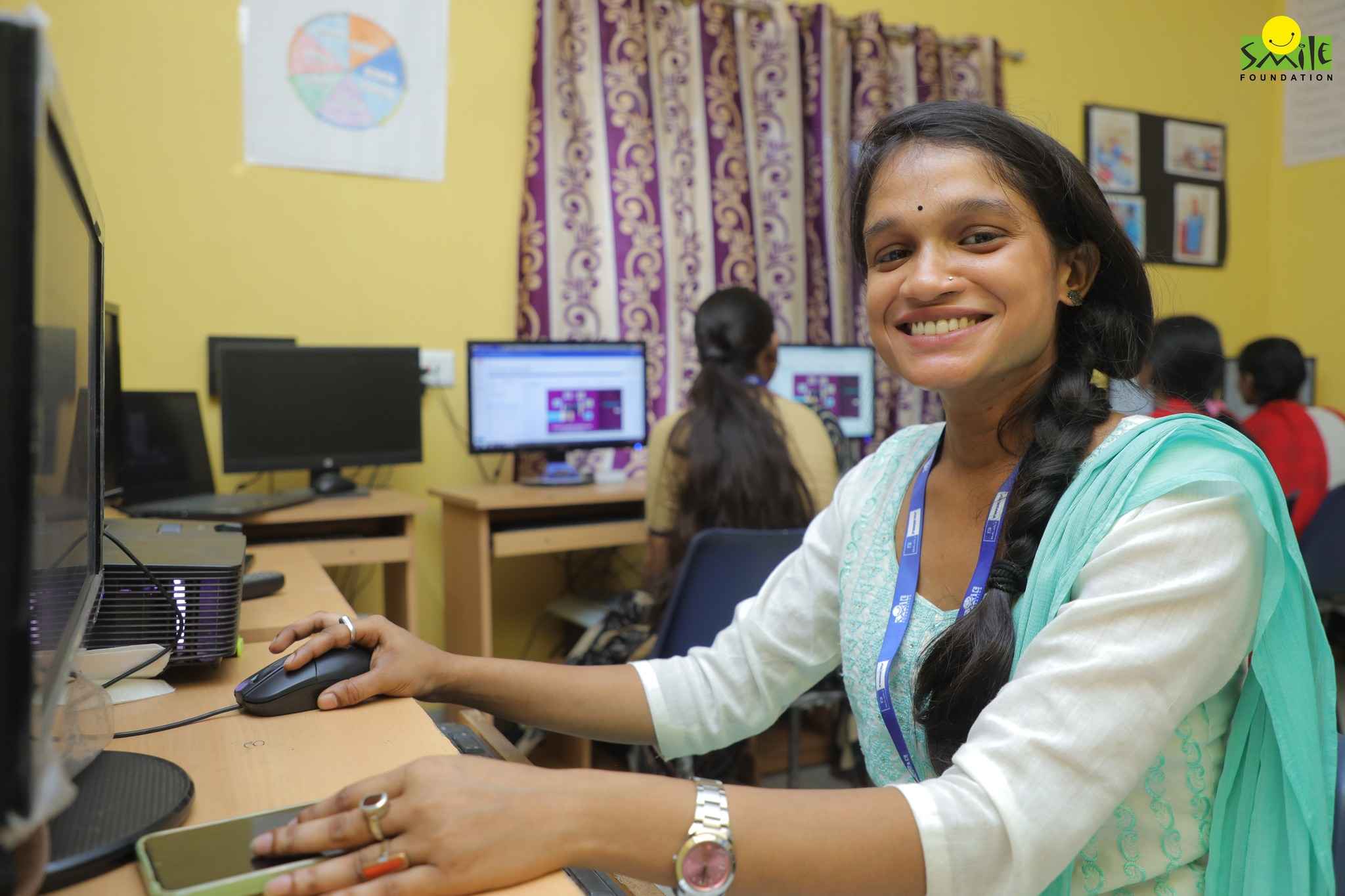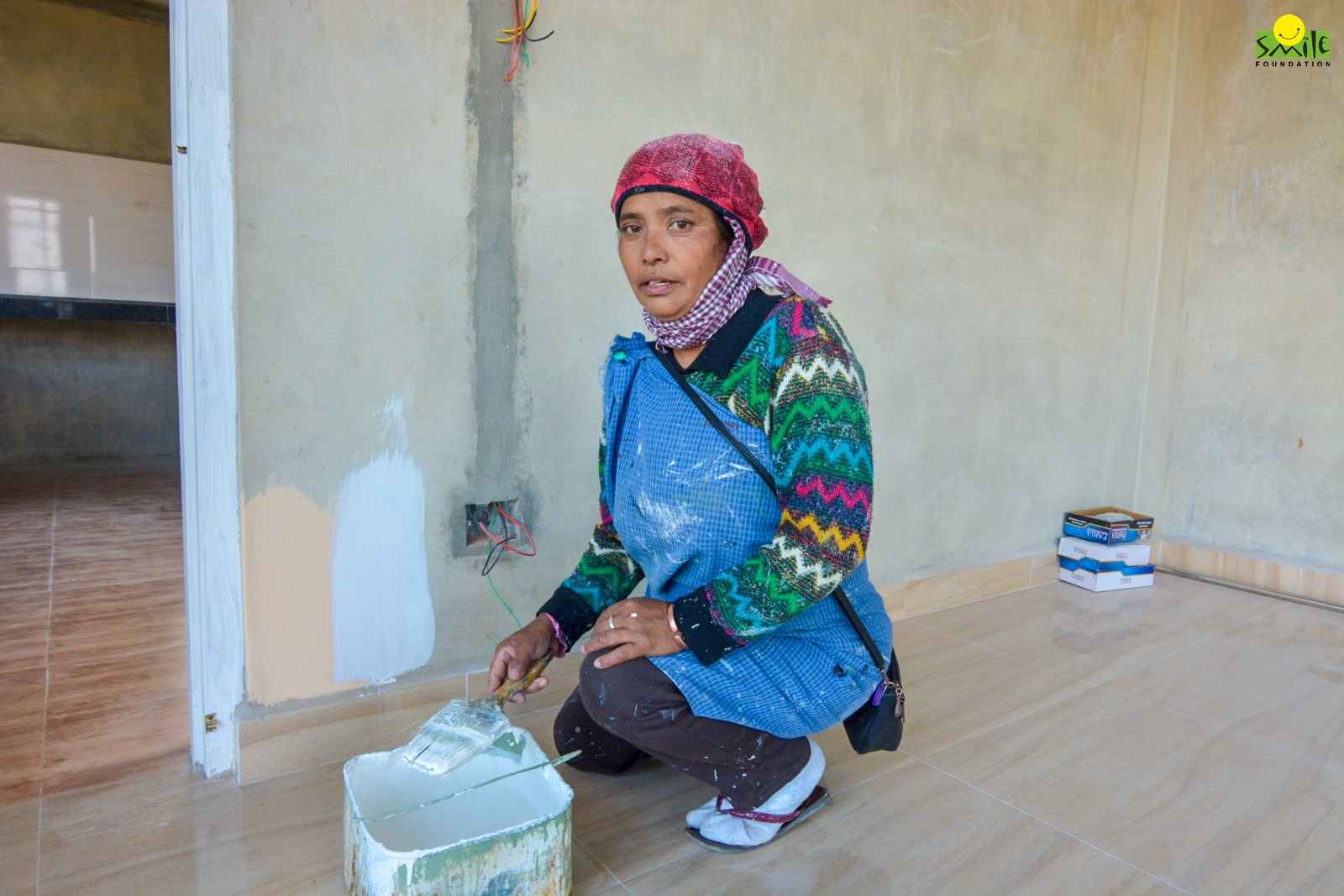Every firm will soon be a digital business. To succeed in the digital economy, CEOs must make precise decisions about their approach. Like every other sector, the development sector needs to adapt to the digital age too.
The world is changing due to digitization; philanthropy and development must adapt as well
Most digital development projects are still fragmented by sector. In some cases, they are motivated by a relentlessly optimistic goal of “connecting the last billion.”
Binary issues are a favourite of development. Either you had the polio vaccine or you didn’t. Either you’re above the poverty line or you’re not. We can agree on evaluation procedures that provide detailed data to demonstrate the program’s success.
Randomized Control Trials can be used to demonstrate the efficacy of our solutions. We can quantify the issues we encounter in terms of enormous numbers. These can be shared on social media once we’ve created a binary problem. The last billion, and so on.
The problem with treating digital connectivity as a binary issue is that while the system is based on binary logic, the capacity to benefit from being linked to it is not. “How many people are connected to the Internet throughout the world?” should not be the last question. “To what sort of Internet are people throughout the world connected?” and “How efficiently are they using it?” are questions that need to be answered.
Therefore, development organisations which want to engage in digitisation must avoid simple binaries like pushing for the digital gap to be closed. In the digital age, they will need to interact with complicated, nuanced notions like agency, literacy, authority, and structure.
It’s challenging, but we should strive for meaningful use rather than simply inclusion
Educating a few more people to code will not be enough to attain digital literacy. We need to encourage social and platform digital literacy in a world where virtually everyone on the planet needs to know how to engage with each other via platforms. Thereby people will know how to manage their digital lifestyle, from education and communication to livelihoods and citizenship, safely.
Whilst the cost of Internet access decreases, the ongoing quest to create a world that encourages inclusive and meaningful use will necessitate a variety of ways. Of course, startups, technological advancements, financing, and the private sector are all intertwined. However, the larger issues are multidisciplinary, involving psychology, sociology, political science, human-computer interaction, economics, and ethics.
Digital connectivity is vital but not adequate
Connectivity is required to participate in the global information economy. This is imperative for states and institutions to function in the twenty-first century. However, connectivity is insufficient in and of itself. We must advocate for it, and organisations such as the Alliance for Affordable Internet should be applauded. However, we can’t expect cell phones, social media, or even online accounting software to begin development on their own. These are tools, the foundation upon which prosperity can be built. But they are not drivers of prosperity in and of themselves.
Digital has the potential to unlock vast amounts of previously untapped human capital. Investment in digital infrastructure will be required to enable this. But digital platforms — the glue that binds digital infrastructure and human capital — are sucking value from both nations and citizens.
The trio of smartphones, satellites, and sensors
Smartphones, satellites, and sensors are revolutionising the way we see the world. On the one hand, they offer a huge potential to develop more inclusive, comprehensive, and global methods to understanding how humans interact with nature and with one another in socioeconomic systems.
On the other hand, the growing debates in the Global North about AI ethics and prejudice in algorithmic computation must be introduced into the development community. It’s vital that we focus on the decisions we all make about how we deploy, process, interpret, and regulate data, not just the data we can collect or even its potential.
Wrapping up
Every new network invention — telephony, television, highways, the Internet, and so on — highlights the interdependence between a network’s potential and its political economy: who gets rewarded, who retains power, and who benefits from the development.
In some ways, the new digital infrastructure sees a billion people too little, while at least a billion people now feel they are seen too much. The conflict between these issues will be kept in mind by excellent policymaking and good innovation. Without the other, neither can be solved. Thus, the development sector needs to adapt to the digital age and embrace technology.









